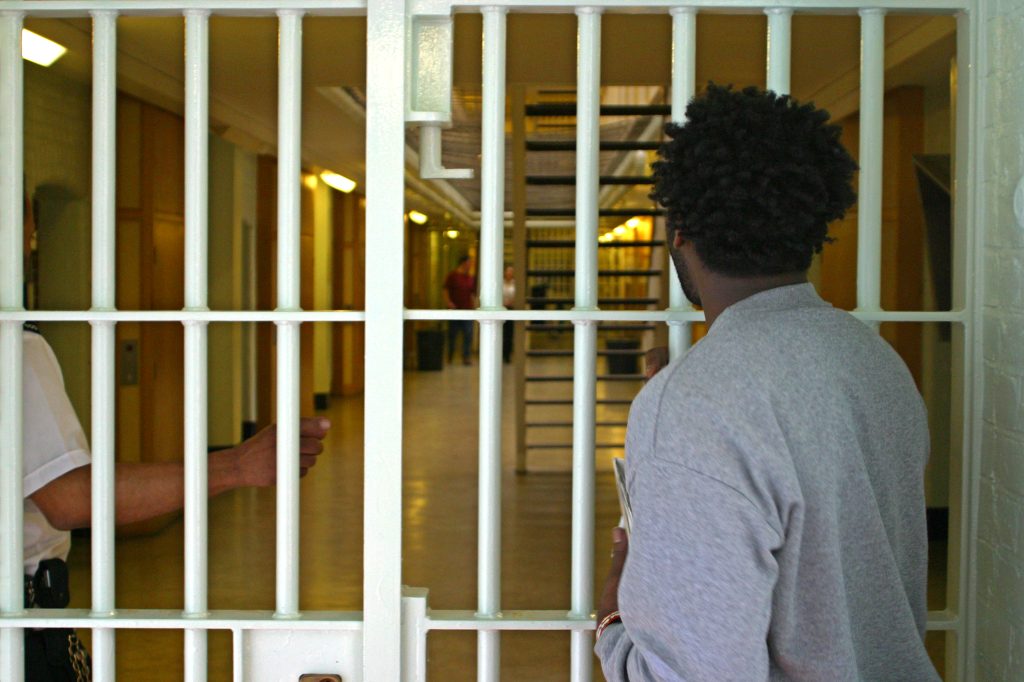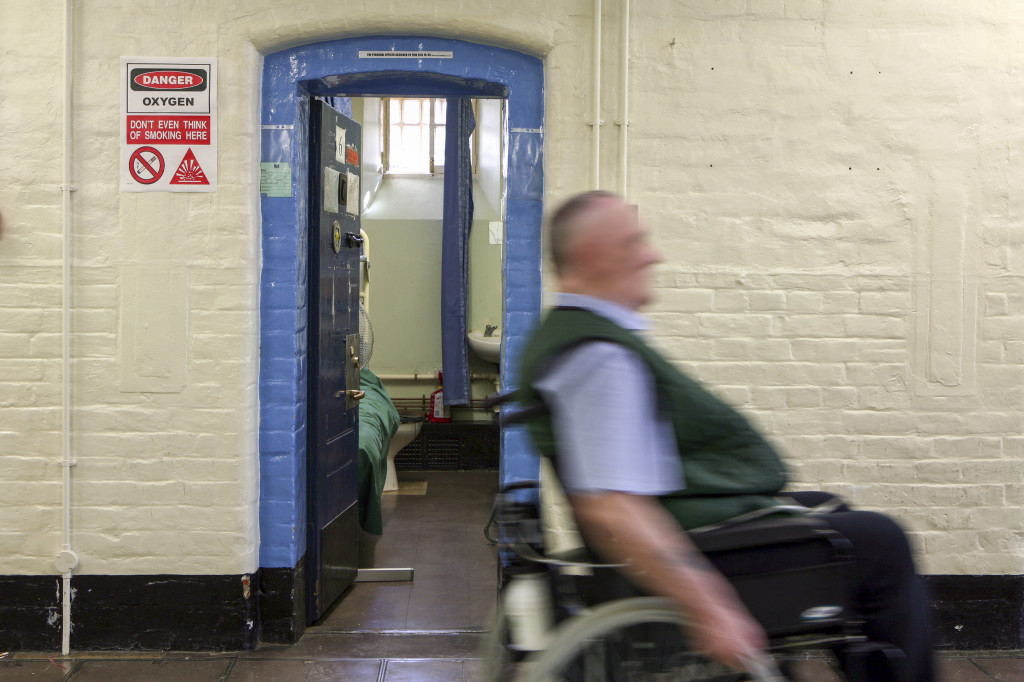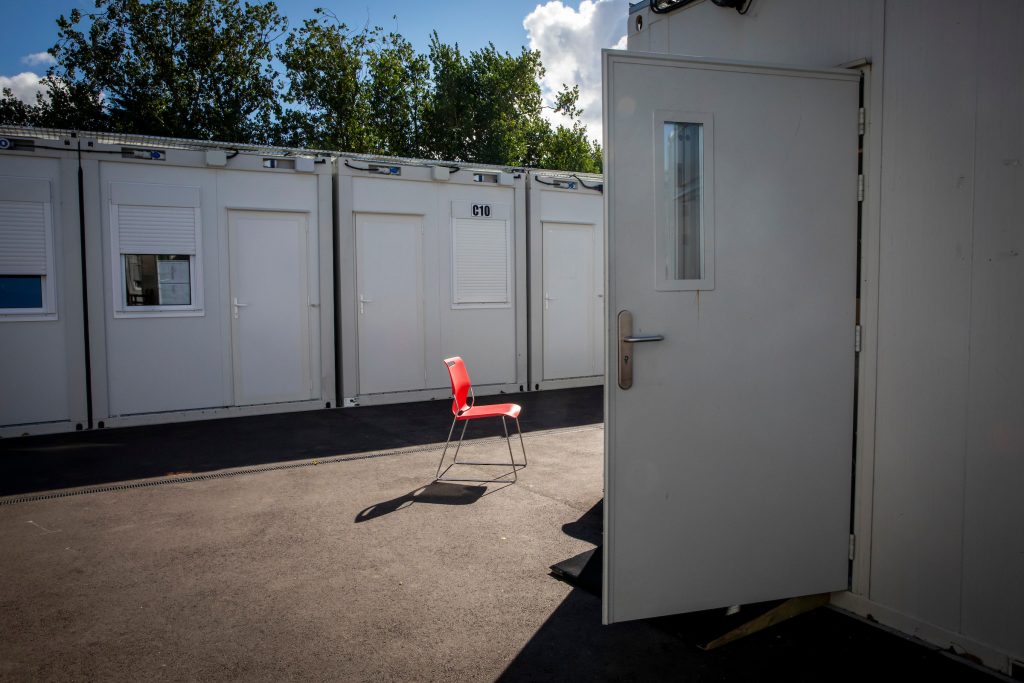What is sentence inflation?
Explaining the problems in the prison system, how they arose, and how we might solve them.
In September 2024, five of the most senior former judges in England and Wales made an extremely rare intervention and called on the government to reverse the trend of imposing ever longer prison sentences.
Lord Woolf, Lord Phillips of Matravers, Lord Thomas of Cwmgiedd and Lord Burnett of Maldon, all of whom served as Lord Chief Justice, and Sir Brian Leveson, the only surviving President of the Queen’s Bench Division who was also head of Criminal Justice, wrote that sentence lengths had approximately doubled in the half-century that they had been involved in the law, and so had the prison population.
Their paper, Sentence inflation: a judicial critique, published by the Howard League, called for “an honest conversation about what custodial sentences can and cannot achieve” and a return to “more modest proportionate sentences across the board”.
Coming only a week before the start of an emergency early release scheme aimed at easing the prison overcrowding crisis, the paper received considerable media attention. It helped to put sentencing policy, and its links to the acute problems in prisons, under the microscope.
The government asked a former Secretary of State for Justice, David Gauke, to lead an independent sentencing review. We submitted evidence to the review and responded to its findings when they were published in May 2025. In the words of legal commentator Joshua Rozenberg, writing in the Law Society Gazette, there is now “no time to lose”.
In September 2025, ministers sought to address the crisis by introducing a Sentencing Bill in Parliament, proposing a wide range of new measures. Follow its progress here.
So, what is sentence inflation? And what impact is it having? In response to the many enquiries that we have received from politicians, journalists and the public, we have created a dedicated page on our website to explain what the problems are, how they arose, and how they might be solved.
Are sentences really getting longer?
When MPs on the Justice Committee asked the public whether they thought prison sentences for ‘indictable’ (ie more serious) offences had got shorter or longer on average since 2012, the responses were a mixed bag. About 30% of those surveyed believed that average sentence lengths had become shorter, about 23% said that they were about the same, and 26% said that they did not know.
Only 21% of respondents – about one in five – got the right answer, saying that average sentences had become longer. Prison sentences have also been handed down more frequently. To put it another way: people are being sent to prison more often, and they spend more time there, which in turn is pushing up the prison population to record levels.
The number of people on life sentences with minimum terms above 20 years in prison has more than doubled since 2013.
Official figures show that average sentence lengths for indictable offences have risen significantly over the past decade – from 18 months in 2013 to almost 23 months in 2024. But this is only part of the story; these figures do not include the growing number of people in prison who are serving indeterminate sentences, with no confirmed release date. At the end of June 2024, there were almost 11,000 people on such sentences, accounting for 16% – about one in six – of all people serving sentences in prison. (In 1993, the proportion was only 9%, indicating that indeterminate sentences, which are usually very long, are now much more common.)
In addition, people on indeterminate sentences are spending longer in prison than they used to. The number of people on life sentences with minimum terms above 20 years in prison has more than doubled since 2013.
Why is this happening?
The imposition of longer prison sentences is not a response to rising crime – in fact, recorded crime has fallen in England and Wales, as it has across the developed world (including places where sentences have not got longer). Sentence inflation is the cumulative result of decades of piecemeal changes to the law, led by politicians in Westminster.
In their paper, the former judges wrote that legislative changes had been “obvious drivers” of sentence inflation. They pointed out that many Acts of Parliament had increased maximum sentences for certain types of crime and introduced mandatory minimum sentences for others.
One such example is the introduction of statutory starting points for the minimum terms for murder, which came in under Schedule 21 of the Criminal Justice Act 2003. This was implemented only in England and Wales, where sentences for serious offences have risen much faster than in Scotland and Northern Ireland.
Campaigns calling for the creation of new offences, or the lengthening of sentences, to address specific issues or problems have contributed to this shift. These cases attract significant media attention, and they can have far-reaching ramifications.
When politicians make sentences longer for one crime, it often leads to calls for longer sentences for other crimes. And the punishment handed down depends not only on what happened, but also on who the victim was, or if a weapon was used, or where the offence took place.
What impact is this having?
In 2022, the Sentencing Council concluded that there was no strong evidence that severe sentences deter people from committing crime.
But sentence inflation has had a major impact in other ways – it has contributed to a prison overcrowding crisis of unprecedented proportions.
By the prison service’s own measure of safe and decent accommodation, there were fewer than 80,000 prison places at the end of May 2024. But the prison population stood at more than 87,000, with 71 of the 122 jails in England and Wales holding more people than they were designed to accommodate. Official population projections indicate that the figure will continue to rise.
The situation has become so severe that the Ministry of Justice (MoJ) has resorted to emergency measures to ease pressure on the system, including an early release scheme.
When a prison is overcrowded, it piles more pressure on people working there and makes it harder to meet the needs of people living there.
If someone is sent to prison, we should do all that we can to help them to turn their life around and move on from crime. But overcrowding, coupled with chronic staff shortages, makes it more difficult for prisons to engage everyone in activities that help rehabilitation, such as exercise, education, employment and training.
For many people, this means being locked in an overcrowded cell for 23 hours a day with nothing to do, at a time when the physical state of prisons is getting worse. And longer sentences mean a longer wait for interventions that may help people to get their lives back on track, such as access to behaviour courses or higher education, transfers to open prisons, or release by the Parole Board.
For some, this growing frustration leads to despair. The number of self-harm incidents recorded by prisons rose by 24% in the 12 months to March 2024.
With sentences getting longer and longer, many people are growing old behind bars – at the end of June 2024, more than 2,000 people in prison were aged 70 or over.
Would abolishing short prison sentences solve the crisis?
Scrapping short sentences is an idea that has been floated on several occasions as the prisons crisis has become more acute in recent years.
The last Conservative government put forward a Sentencing Bill, which, if passed, would have introduced a presumption to suspend custodial sentences of 12 months or less, but the bill was dropped when Parliament was dissolved for the 2024 general election.
In 2019, the then Secretary of State for Justice, David Gauke, said that there was a “very strong case” for abolishing jail terms of less than six months and called for courts to focus more on community rehabilitation. He is expected to revisit this idea in his new role as chair of the sentencing review.
People serving sentences of less than 12 months account for only 4% of the sentenced prison population in England and Wales.
The MoJ’s own evidence indicates that short sentences are ineffective, with sentences of less than 12 months without supervision on release found to be associated with higher levels of reoffending than community orders.
And this makes sense. If someone needs support to move away from non-violent crime, they will have better access to the services that can help them if they are being supervised in the community. Moving away from short sentences could drive down reoffending rates and provide respite to overcrowded local jails that see a daily churn of people coming in and out.
But scrapping short prison sentences would not be enough to solve the overcrowding crisis for good. Official figures show that, at the end of June 2024, people serving sentences of less than 12 months accounted for only 4% of the sentenced prison population in England and Wales.
What should we do instead?
We have reached a crossroads. The prisons crisis is so severe that we cannot carry on as we have, and the sentencing review presents an ideal opportunity to change direction and do things differently.
Shortly after the general election, the Howard League published a briefing, Grasping the nettle, which suggested key areas for the review to consider. We recommended that the review should try to identify “wrong turns” in sentencing policy and explore ways in which people could be released from prison safely and responsibly.
In their paper on sentence inflation, the five former judges offered further ideas for how the crisis could be solved. They suggested that offering accelerated routes out of custody could incentivise people to cooperate with prison regimes.
The former judges wrote: “Faced with compelling demands to increase spending on health, education, care for an ageing population, defence, and measures aimed at increasing productivity, the government should be seeking to reduce to a minimum the amount that has to be spent on keeping prisoners locked up.”
One idea could be to introduce regular reviews of minimum terms for people serving indeterminate sentences. We must release people who are serving sentences of Imprisonment for Public Protection (IPP) or ‘two-strike’ indeterminate sentences and have been in prison for longer than their tariff (the point at which they become eligible to apply for release on parole).
Another option could be to change the rules so that anyone serving a determinate sentence longer than 10 years gets their case reviewed at the halfway point and then at regular intervals, resulting in earlier release on licence or a reduced sentence.
For some offences, those convicted are not eligible for release from prison on licence until they have served two-thirds of their sentence; reducing this to the halfway point, as used to be the case, would help to ease pressure on the system.
We could consider reviewing the needs and risk levels of older people in prison upon reaching a certain age, followed by a managed move to a more appropriate secure location if required. People who are very elderly, dying or suffering dementia could be removed from prisons, which are ill-equipped to care for them.
There is growing evidence that a distinct approach is needed for sentencing young adults, aged 18 to 25, as they are still maturing. Perhaps people who committed their most serious offence before they turned 25 should receive regular sentence reviews or expedited parole eligibility.
Currently, people can only apply to move to an open prison within three years of their release date. What if we offered that opportunity sooner, giving more people the chance to benefit from work, education and building family ties, all of which have been shown to help reduce reoffending?
For too long, criminal justice policies have been judged on whether they appear “tough” or “soft”, when what really matters is whether they work. Making sentences longer and longer puts intolerable pressure on the prison system and creates bigger challenges that will have to be tackled sooner or later. Dealing with the consequences takes valuable resources away from preventing crime and supporting victims.
We can start to put things right if we shift our focus away from the length of sentences and towards what people are doing while serving them. If someone needs support to move away from crime, locking them in a prison cell for hours on end with nothing to do is not going to help.
Want to know more about the prisons crisis? Read our explainer on why prisons are overcrowded.
-
Join the Howard League
We are the world's oldest prison charity, bringing people together to advocate for change.
Join us and make your voice heard -
Support our work
We safeguard our independence and do not accept any funding from government.
Make a donation




